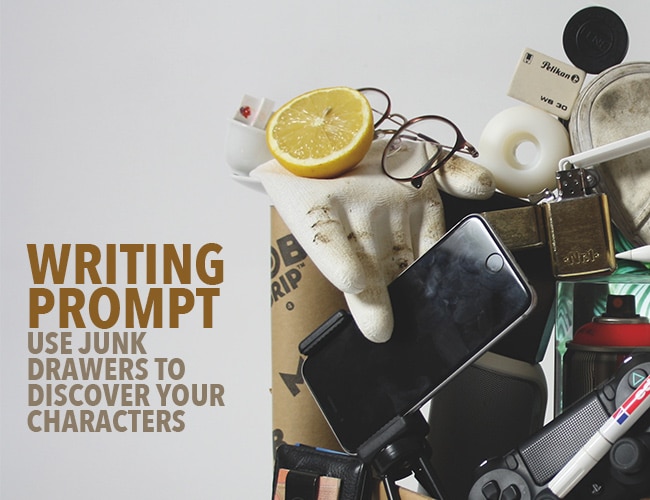
by Sarah Gribble |
Characterization is a huge part of writing, no matter how long the story. You need to know the ins and outs of your character’s personality. What makes them tick? What do they want? Where to do they come from?
Sometimes it’s a little difficult to come up with new character traits and idiosyncrasies that aren’t cliché or contrived.
Today, we’re going to have a little fun with character development. We’re going to think outside the box of character questionnaires and try a writing prompt to help us discover our characters through a different route: What’s in their junk drawer?
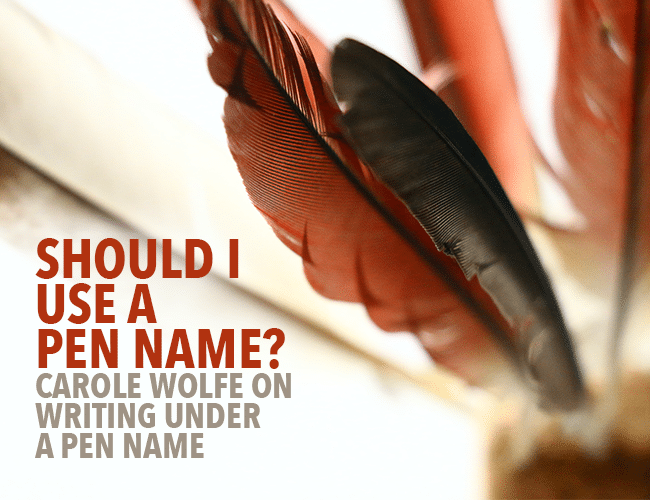
by Sarah Gribble |
What do Lewis Carrol, Mark Twain, and Dr. Seuss have in common? They all wrote under a pen name.
Those are some pretty big names, so it really makes a writer wonder: Should I use a pen name?
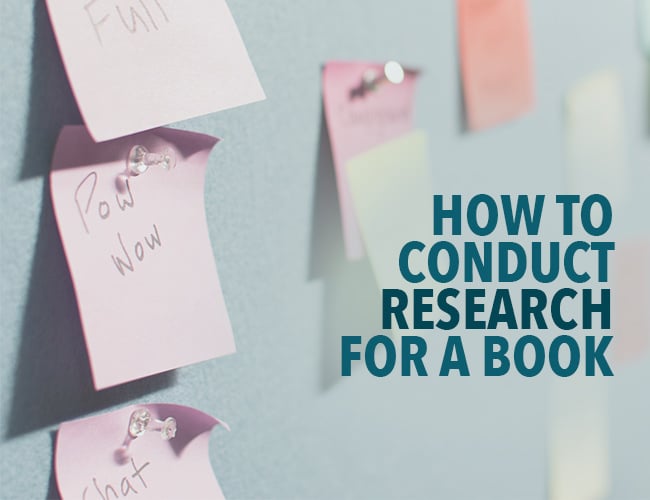
by Sarah Gribble |
You might think you don’t need to do much research because you’re writing fiction. (Isn’t fiction just making stuff up?!) You’d be wrong.
Your readers expect to be transported to your setting and to understand your characters so fully, they seem like real people. Little things like using the wrong jargon or having your main character wear the wrong type of bodice can jar your reader out of the story and cause them to lose respect for you as a writer. If they can’t trust you to get the facts right, why should they trust you to guide them through a story?
Like it or not, research is a writer’s best friend. (Next to caffeine, anyway.) So let’s talk about how to conduct research for a book.
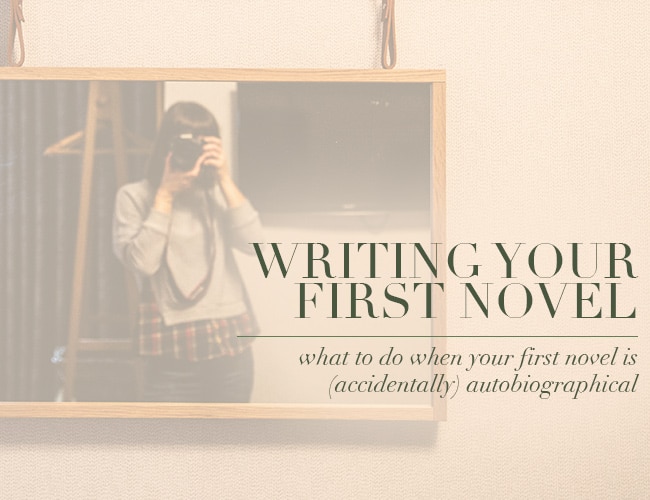
by Sarah Gribble |
Some of you may be participating in our 100 Day Book program, writing your first novel on your own, or kicking around the idea of starting that manuscript.
Writing your first novel is hard. It’s a struggle. It’s a learning process.
And it’s often autobiographical, even if you don’t mean it to be. And that’s okay.
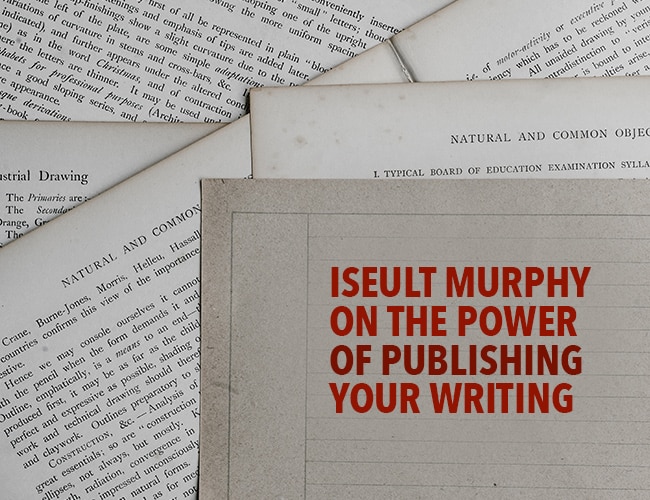
by Sarah Gribble |
Sometimes getting your writing into readers’ hands can seem like a long, arduous process. You might feel lost. You might feel like the “gatekeepers” in the publishing industry are out to get you, hate your work, or are just plain mean.
In this interview, we’re talking with Iseult Murphy about her writing journey, her decision to self-publish, and the power of connecting with other writers.




